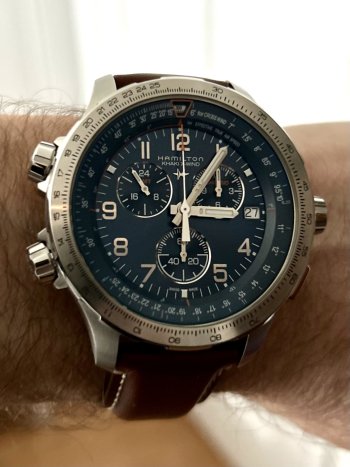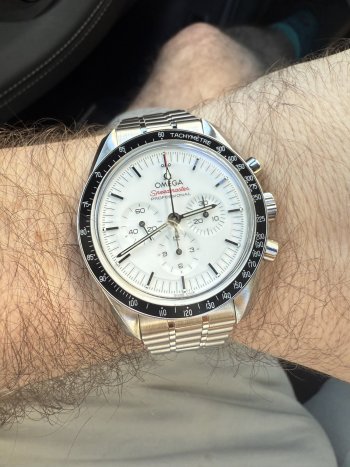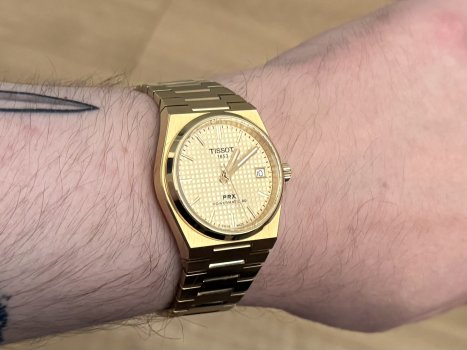Those of you that use mechanical watches daily, this question is for you.
Curious, with a mechanical watch, in my case a Tissot, on average, how long should the battery last with daily wear?
Well it's not really a mechanical watch, an analogue yes. As for battery life varies depending the technology and it's implementation. Some watches will run for a year or two on primary battery, some a decade.
Secondary batteries as in rechargeable can extend far further, possibly 30+ years. Casio's Pro Trek PRG-80L-2V from 2005, has yet to be opened...
It's seen off two OEM straps, was my primary field watch for a long-time. It's been to the ends of the earth and then some. Also have it's green twin the PRG-80L-3V, this was my backup so not subjected to the same level of abuse.
Same story OEM strap failed around the 12 year point, was able to source an OEM resin strap which it remains on. I dont wear the 80's much in the field now as they are getting on and replaced with stronger tools...
The third of the trio an all black JDM model got inadvertently fried by a massive EMP. Watch shutdown and went into for lack of better terns a deep coma for best part of a decade. It inexplicably woke up late last year. Compass is done not sure what to do with it but, has too much history attached to just throw away...
I'll think on the all black PRG-80Y, will likely go the same as the 130Y which is possibly one of one. Casio made the parts, yet never made the watch, took both time & patience.
The Heart of Darkness
Own a few decent mechanicals with attached price points, equally out and about this Casio is by far the most commented on watch.
Goes deeper have a trio of PRG-40's a design that dates back quarter of a century and remains to be functional. They run on a bank of four primary batteries...
Q-6







